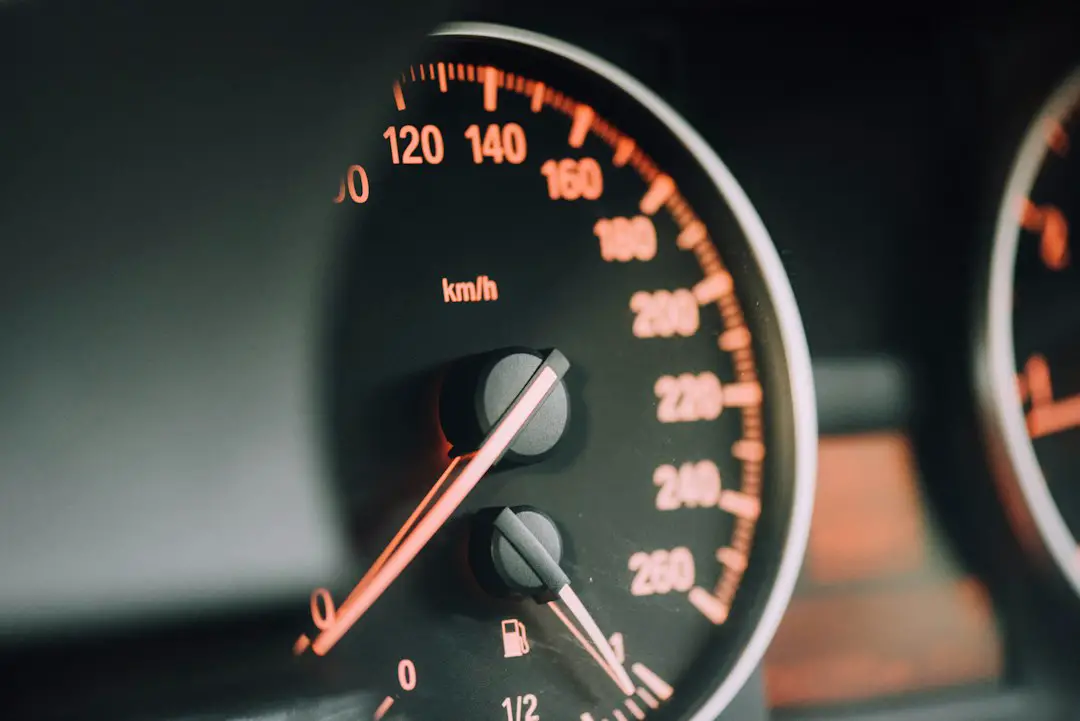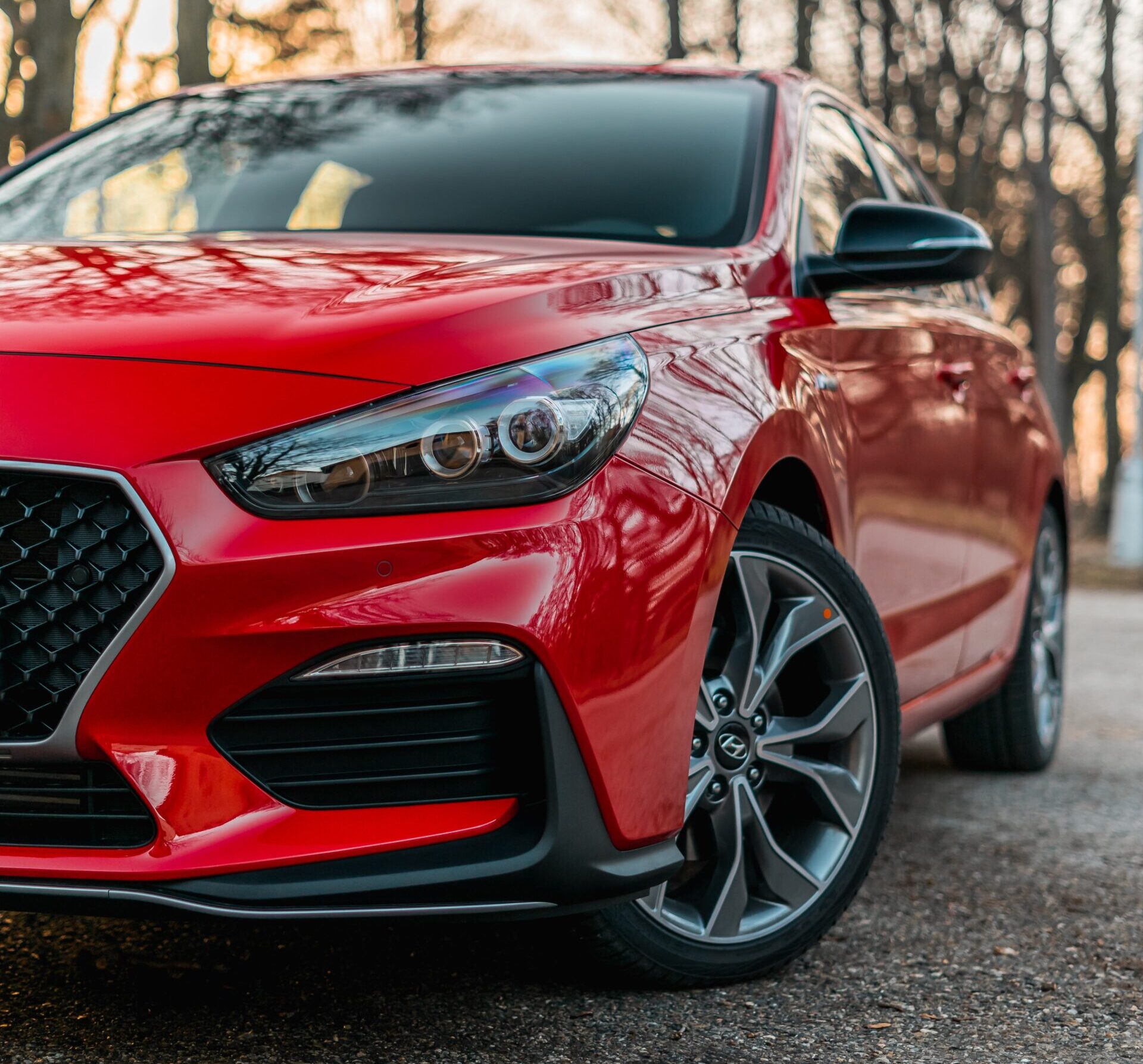Support our educational content for free when you purchase through links on our site. Learn more
Why are Lease Payments So High? [2024] 💸
Have you ever wondered why lease payments can sometimes feel like a punch to the gut? You’re not alone! Many people are perplexed by the seemingly high cost of leasing a car. But fear not, because we’re here to shed some light on this topic and help you understand why lease payments can be so steep. In this article, we’ll dive deep into the factors that contribute to high lease payments, provide you with quick tips and facts, and answer frequently asked questions. So buckle up and let’s get started!
Table of Contents
- Quick Answer
- Quick Tips and Facts
- Background: The Cost of Leasing
- Why are Lease Payments So High?
- How Can I Lower My Lease Payment?
- Is Leasing a Waste of Money?
- Will Car Leases Go Down in 2024?
- FAQ
- Conclusion
- Recommended Links
- Reference Links
Quick Answer
Lease payments can be high due to several factors, including the vehicle’s depreciation, interest rates, taxes, fees, and the lease term. Additionally, the specific terms of your lease agreement, such as the down payment and mileage allowance, can also impact the monthly payment. To find the best lease deal for your budget, it’s essential to consider all these factors and negotiate effectively.
👉 CHECK PRICE on: Car Leases™ | TrueCar | Edmunds | Auto Trader | Car Manufacturer’s Website
Quick Tips and Facts
Before we dive into the nitty-gritty, here are some quick tips and facts to keep in mind:
✅ Tip: Negotiating the terms of your lease can help you secure a better deal and potentially lower your monthly payments.
✅ Fact: Lease payments are typically lower than loan payments because you’re only paying for the vehicle’s depreciation during the lease term.
✅ Fact: The make and model of the vehicle, as well as its resale value, can significantly impact lease payments.
✅ Tip: Researching lease specials and incentives can help you find more affordable lease options.
✅ Fact: Lease payments may vary based on your credit score. A higher credit score can often lead to more favorable lease terms.
Now that we’ve covered the basics, let’s dig deeper into why lease payments can be on the higher side.
Background: The Cost of Leasing

Leasing a car is essentially a long-term rental, where you pay for the vehicle’s depreciation over a specific period. Unlike buying a car, where you own the vehicle at the end of the loan term, leasing allows you to drive a new car without the long-term commitment.
Lease payments are calculated based on several factors, including the vehicle’s initial price, its expected depreciation over the lease term, the interest rate (also known as the money factor), taxes, fees, and any additional services or packages you choose. These factors, combined with the lease term and mileage allowance, determine your monthly payment.
Why are Lease Payments So High?
Lease payments can sometimes feel high due to the following reasons:
1️⃣ Depreciation: The most significant factor contributing to high lease payments is the vehicle’s depreciation. When you lease a car, you’re essentially paying for the difference between the vehicle’s initial price and its expected value at the end of the lease term. If the vehicle depreciates quickly, your monthly payments will be higher.
2️⃣ Interest Rates: The interest rate, also known as the money factor, can significantly impact your lease payments. Higher interest rates result in higher monthly payments, while lower rates can help reduce your costs.
3️⃣ Taxes and Fees: Just like when buying a car, leasing also involves taxes and fees. These additional costs can add up and contribute to higher lease payments.
4️⃣ Lease Term: The length of your lease term can affect your monthly payments. Generally, longer lease terms result in lower monthly payments, but you’ll end up paying more over the entire lease period.
5️⃣ Down Payment: The amount you put down at the beginning of the lease can also impact your monthly payments. A larger down payment can help reduce your monthly costs, while a smaller or no down payment will result in higher payments.
6️⃣ Mileage Allowance: Most lease agreements come with a mileage allowance, which limits the number of miles you can drive without incurring additional fees. If you exceed the mileage allowance, you’ll be charged for each additional mile, increasing your overall lease costs.
By understanding these factors, you can better evaluate lease offers and negotiate terms that align with your budget.
How Can I Lower My Lease Payment?
If you’re looking to lower your lease payment, here are some tips to consider:
✅ Negotiate: Don’t be afraid to negotiate the terms of your lease. Research lease specials, compare offers from different dealerships, and discuss factors like the capitalized cost, mileage limit, and down payment to secure a better deal.
✅ Consider a Higher Residual Value: The residual value is the estimated worth of the vehicle at the end of the lease term. Choosing a vehicle with a higher residual value can result in lower monthly payments.
✅ Opt for a Shorter Lease Term: While longer lease terms may have lower monthly payments, opting for a shorter lease term can help you save on overall costs.
✅ Watch Your Mileage: Be mindful of your mileage allowance and try to stay within the limit to avoid additional fees. If you know you’ll exceed the allowance, consider purchasing additional mileage upfront.
✅ Improve Your Credit Score: A higher credit score can often lead to more favorable lease terms, including lower interest rates. Take steps to improve your credit score before entering into a lease agreement.
By implementing these tips, you can potentially lower your lease payment and find a deal that fits your budget.
Is Leasing a Waste of Money?
Leasing a car is not inherently a waste of money. It can be a viable option for those who prefer driving a new vehicle every few years without the long-term commitment of ownership. However, leasing may not be the best choice for everyone.
Leasing can be more expensive in the long run compared to buying a car outright or financing it with a loan. When you lease, you don’t build equity in the vehicle, and you’re essentially paying for the vehicle’s depreciation during the lease term. Additionally, lease agreements often come with mileage restrictions and fees for excessive wear and tear.
Ultimately, whether leasing is a waste of money or not depends on your personal preferences, financial situation, and driving habits. It’s essential to carefully evaluate the pros and cons before making a decision.
Will Car Leases Go Down in 2024?
Predicting the future of car leases is challenging, as it depends on various factors such as market conditions, supply and demand, and economic trends. While we can’t predict with certainty whether car leases will go down in 2024, it’s always a good idea to stay informed about current lease deals and incentives.
Keep an eye on our Latest Car Lease Deals section for up-to-date information on the best lease offers available.
FAQ

Why are car leases so expensive now?
Car leases can be expensive due to factors such as the vehicle’s depreciation, interest rates, taxes, fees, lease terms, down payment, and mileage allowance. Understanding these factors and negotiating effectively can help you find a more affordable lease option.
Read more about “Will Car Lease Prices Go Down in 2024?”
How can I lower my lease payment?
To lower your lease payment, consider negotiating the terms of your lease, opting for a higher residual value, choosing a shorter lease term, watching your mileage, and improving your credit score.
Read more about “Best Zero Down Car Lease Deals …”
Why is leasing a waste of money?
Leasing may be considered a waste of money for some individuals because it doesn’t build equity in the vehicle and can be more expensive in the long run compared to buying or financing a car. However, leasing can still be a viable option for those who prefer driving a new vehicle every few years without the long-term commitment of ownership.
Will car leases go down in 2024?
The future of car leases is uncertain, as it depends on various factors. Stay informed about current lease deals and incentives to make the best decision for your situation.
Read more about “What is the Best Site for Taking Over a Car Lease in 2024? 🚗”
Conclusion

Lease payments can be high due to factors such as depreciation, interest rates, taxes, fees, lease terms, down payment, and mileage allowance. By understanding these factors and negotiating effectively, you can find a lease deal that fits your budget. Remember to consider your personal preferences, financial situation, and driving habits when deciding whether leasing is the right option for you.
Now that you’re armed with knowledge about lease payments, go out there and find the best lease deal that puts a smile on your face and keeps your wallet happy!
Recommended Links
- Latest Car Lease Deals
- Car Lease Basics
- Credit Score and Car Leasing
- Best Lease Terms
- Electric Vehicle Leases
- How to Negotiate the Lowest Car Lease



